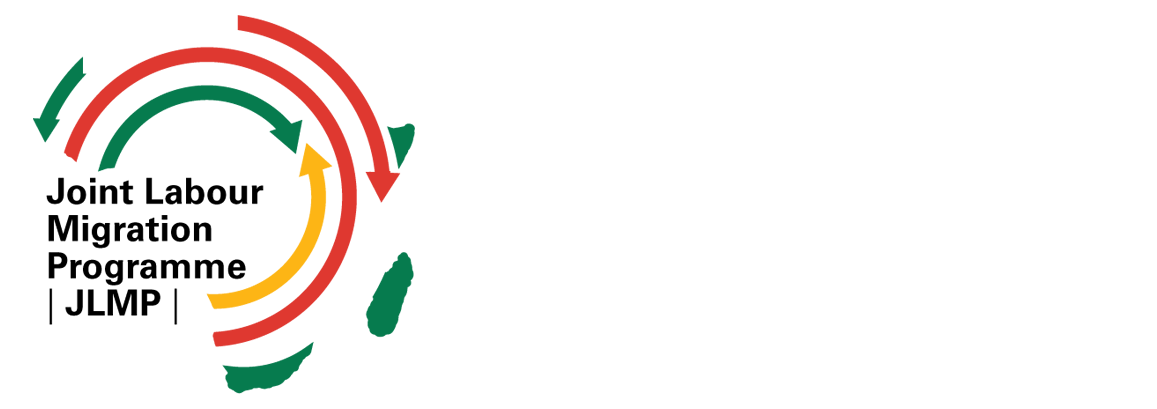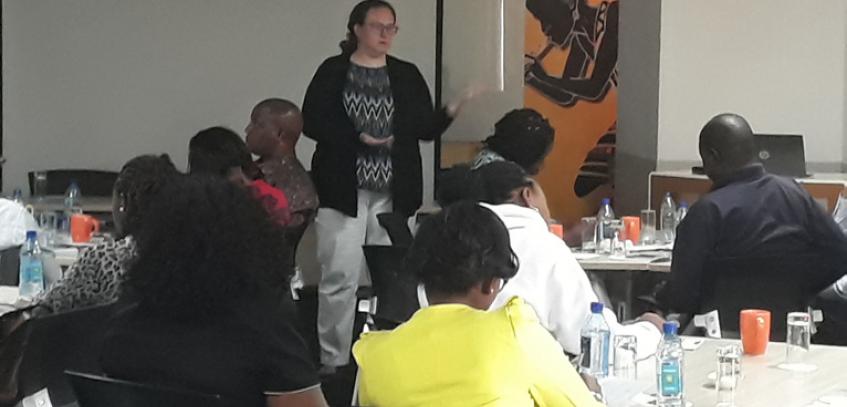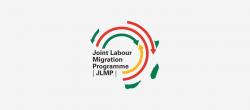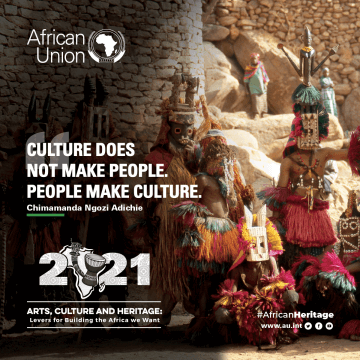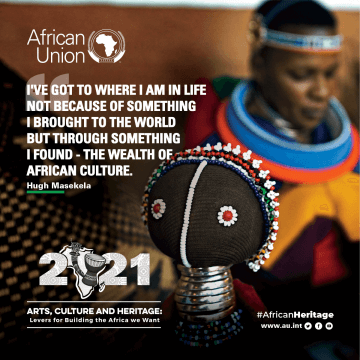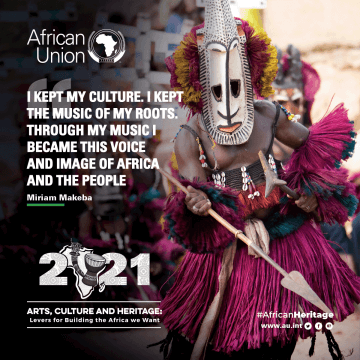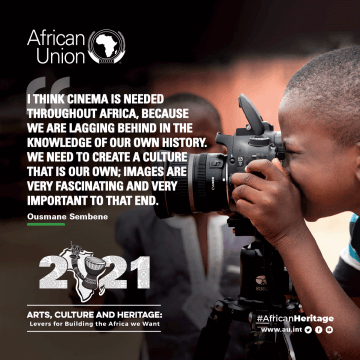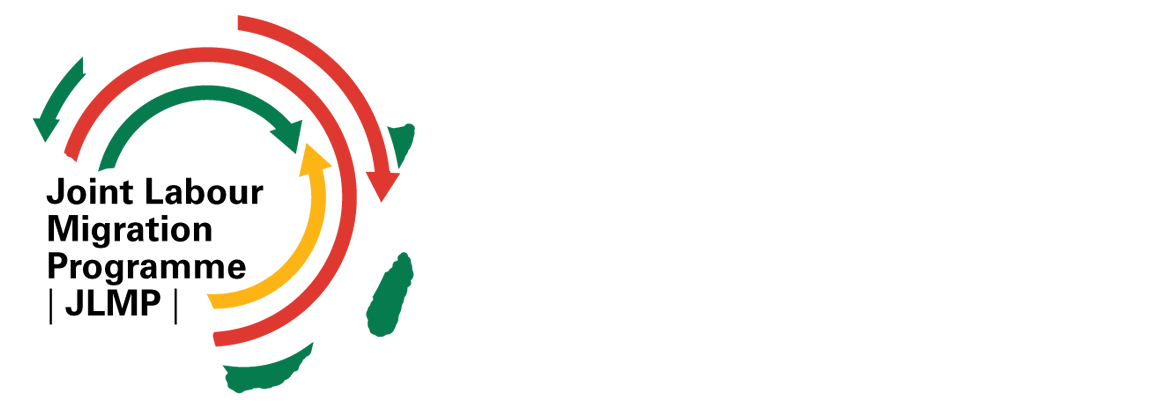The Association of Skilled Migrant Agencies in Kenya (ASMAK) adopted the Code of Conduct for ethical recruitment of migrant workers on 9 May 2019 in Nairobi. ASMAK is a professional body of Private Employment Agencies who have undergone thorough vetting and licensed by the National Employment Authority (NEA), and members often recruit Kenyan workers to work abroad. IOM supported the adoption process through the “Promoting Safe and Fair Labour Migration from Kenya to the Gulf States” project. The project is in its second phase and funded by the U.S Department of State, Bureau of Democracy, Human Rights, and Labor and implemented in partnership with Verité, a labour rights Non-Governmental Organization based in the USA. IOM’s approach to international labor migration is to foster the synergies between labor migration and development, and to promote legal avenues of labor migration for safe migration.
“When labor recruiters operate ethically, their services provide enormous benefit to migrants and their communities, to the employers in need of foreign workers, and to businesses in countries of destination by providing much needed human resources. Kenya is a source, transit and destination country for human trafficking. In recent years, the government has made significant efforts to address the problem of trafficking, including launching a national referral mechanism, and issuing new requirements and a code of conduct for private labor recruitment agencies (Migration in Kenya: A Country Profile 2018, IOM).”
During the adoption workshop, ASMAK members expressed the growing demand for ethical recruitment and proposed that the government through the NEA and under the Ministry of Labour and Social Protection, should ensure that all recruiting agencies are members of credible associations before obtaining accreditation from NEA. Such a strict measure will promote ethical recruitment among private employment agencies since they will be held accountable through the association they are registered.
“There is need for the different employment associations to collaborate and work together as they are working towards common goals. Unity is very important,” said John Muiruri, ASMAK Chairperson. He also requested the government to fast track the National Labour Bill and Labour Policy to address labour migration issues in the country.
“My agency is committed to ethical recruitment that is why I am a member of ASMAK. However, some agencies are not members of any association and sometimes they practice unethical recruitment, it is very difficult to hold them accountable of their actions since there is no association to ground them,” voiced by Josephine Muiruri, Samoline Agency Director.
Ms. Sarah Lince, Verité Senior Program Manager Research and Policy, urged ASMAK members to collaborate with the national leadership in finding solutions to the challenges facing the association which include among others low membership, conflict and high competition from other associations. She emphasized that, “Verité is committed to working and supporting employment agencies who are taking action to promote protection of migrant workers by ensuring ethical recruitment of workers at all stages of the recruitment process.”
In the first phase of the project, IOM supported the government to review the homecare management curriculum, pre-departure handbooks for Gulf Cooperation Countries, review the Code of Conduct with the Private Employment Agencies, develop country specific information sheets for the United Arab Emirates (UAE), the Kingdom of Saudi Arabia and the State of Qatar organized a study tour to Doha for Private Recruitment Agencies to learn about ethical recruitment practices and worker welfare initiatives in Qatar. The country is a key destination country for Kenyans migrating for work. One of the milestones of the project’s first phase was the launch of the Kenya Labour Migration Information website (www.kenyamigrantworker.org) and hosted by NEA as a source of credible, factual and reliable information for prospective Kenyan migrant workers seeking employment in the three aforementioned countries.
IOM continues to support employment agencies in the capacity building of members through International Recruitment Integrity System (IRIS) training and certification. IRIS complements IOM’s broader efforts to promote ethical recruitment and safe and legal labour migration, as well as combat forced labour and modern-day slavery. To date, nine agencies in Kenya have been trained and three have expressed their interest in becoming IRIS certified. In addition, IOM will be carrying out further capacity building and support to the associations in Kenya towards ethical recruitments.

